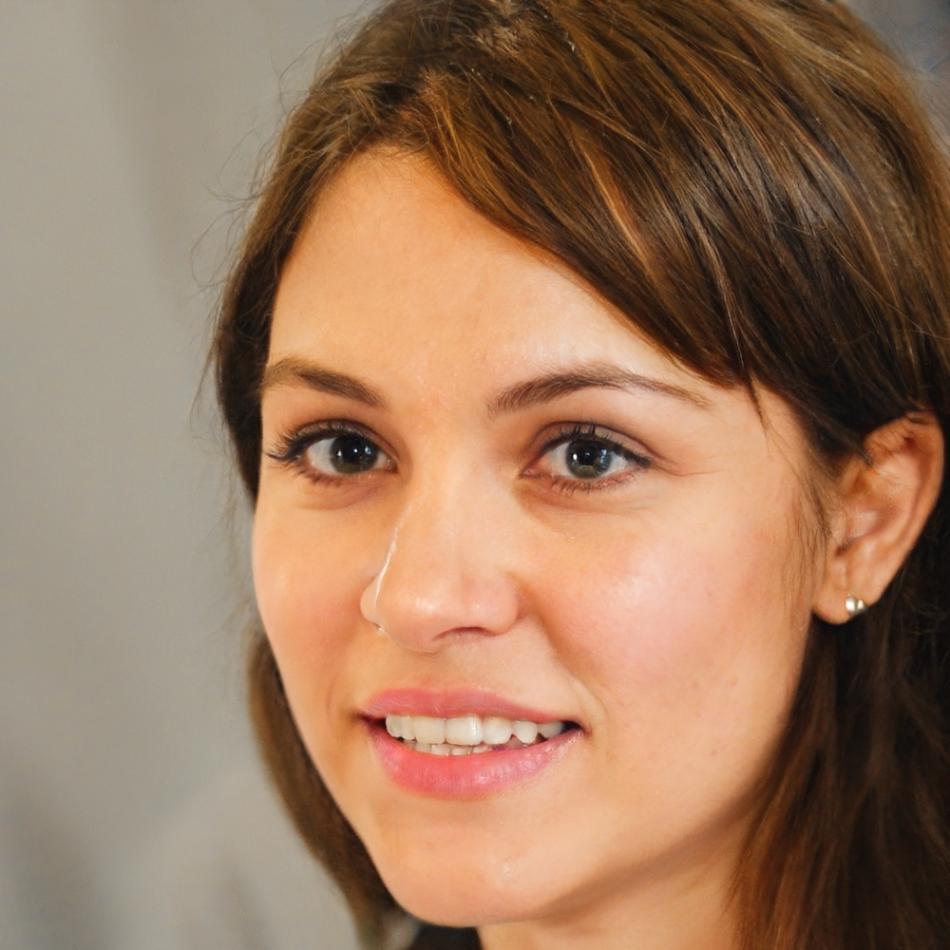Financial Records That Actually Make Sense
Most people dread looking at their finances. But what if your records could tell a clear story instead of creating confusion? We teach practical approaches to financial organization that work in real Australian business contexts—because theory alone doesn't pay the bills.
Explore Learning Options
What We Actually Teach
Forget textbook theory. Our programs focus on the financial record-keeping skills you'll use every week in Australian business environments.
Transaction Recording
Learn systematic approaches to documenting business transactions. We cover everything from invoice processing to expense categorization—the stuff that actually matters when tax season rolls around.
Financial Analysis
Numbers tell stories if you know how to read them. Develop skills in interpreting financial data and creating reports that business owners can genuinely understand and act upon.
Compliance Standards
Australian tax regulations change regularly. We keep our curriculum current with ATO requirements and teach you how to maintain records that satisfy auditors and regulatory bodies.

Why Traditional Courses Miss the Mark
Here's something they don't tell you: most financial training focuses heavily on concepts but barely touches real-world application. You end up knowing the terminology but struggling when faced with an actual client's shoebox of receipts.
We've seen too many graduates who can recite accounting principles but freeze when asked to set up a practical filing system. That's why our approach starts with actual business scenarios and works backward to the theory.
And yes, we cover the regulations and compliance requirements—because those matter enormously in Australia. But we present them in context, not as abstract rules you're supposed to memorize.
How the Program Actually Works
Our September 2025 intake follows a structured path that builds competency progressively. Each phase prepares you for the next.
Foundation Phase (Weeks 1-8)
Start with core financial documentation practices. You'll learn classification systems, record retention requirements, and basic bookkeeping workflows used across Australian businesses.
Application Phase (Weeks 9-16)
Work with realistic case studies based on actual small business scenarios. This is where theory meets practice—you'll handle payroll records, GST documentation, and month-end procedures.
Specialization Phase (Weeks 17-24)
Choose your focus area: small business accounting, corporate finance, or compliance auditing. Each track includes mentored project work and practical assessments.
Capstone Project (Weeks 25-28)
Complete a comprehensive financial records project that demonstrates your ability to establish and maintain complete documentation systems for a business entity.

Meet Your Program Coordinator
Solveig Harrelson spent fourteen years working in financial compliance before she started teaching. She's dealt with everything from startup accounting chaos to corporate audit preparation—and she brings those real experiences into the classroom.
What students appreciate most is her straightforward approach. Solveig doesn't sugarcoat the difficult parts of financial record-keeping. Instead, she shows you exactly where people typically struggle and how to develop systems that prevent those problems.
Her teaching style focuses on practical problem-solving rather than rote memorization. You'll learn why certain procedures exist, not just how to perform them—which makes the knowledge actually stick when you're working independently.
Learn More About Our TeamCommon Questions About the Program
Here are the things people usually want to know before enrolling. If something's not covered here, our team is available to discuss your specific situation.
What background do I need to start?
You don't need prior accounting experience, but basic numeracy and computer literacy help. We've had successful students from retail, administration, hospitality—all sorts of backgrounds. What matters more is attention to detail and willingness to learn systematic approaches.
How much time should I dedicate weekly?
Plan for 12-15 hours per week including class sessions and independent work. Some weeks require more time, particularly when you're working through case studies. The workload is manageable if you stay current—cramming doesn't work well with this material.
Is the program delivered remotely or in-person?
We offer both options for the September 2025 intake. Remote students get the same instruction through live sessions with screen-sharing capabilities. Some prefer in-person for the collaborative work, while others appreciate the flexibility of remote attendance.
What software tools will I learn?
The curriculum covers commonly used accounting software in Australian businesses, including MYOB and Xero. You'll also work with spreadsheet applications extensively. We focus on developing transferable skills rather than memorizing specific menu locations.
What happens after program completion?
You'll receive a certificate documenting your completed coursework. Many graduates continue with professional certifications like CPA or CA programs, while others move directly into bookkeeping or accounting support roles. We provide guidance on career pathways but make no guarantees about employment outcomes.